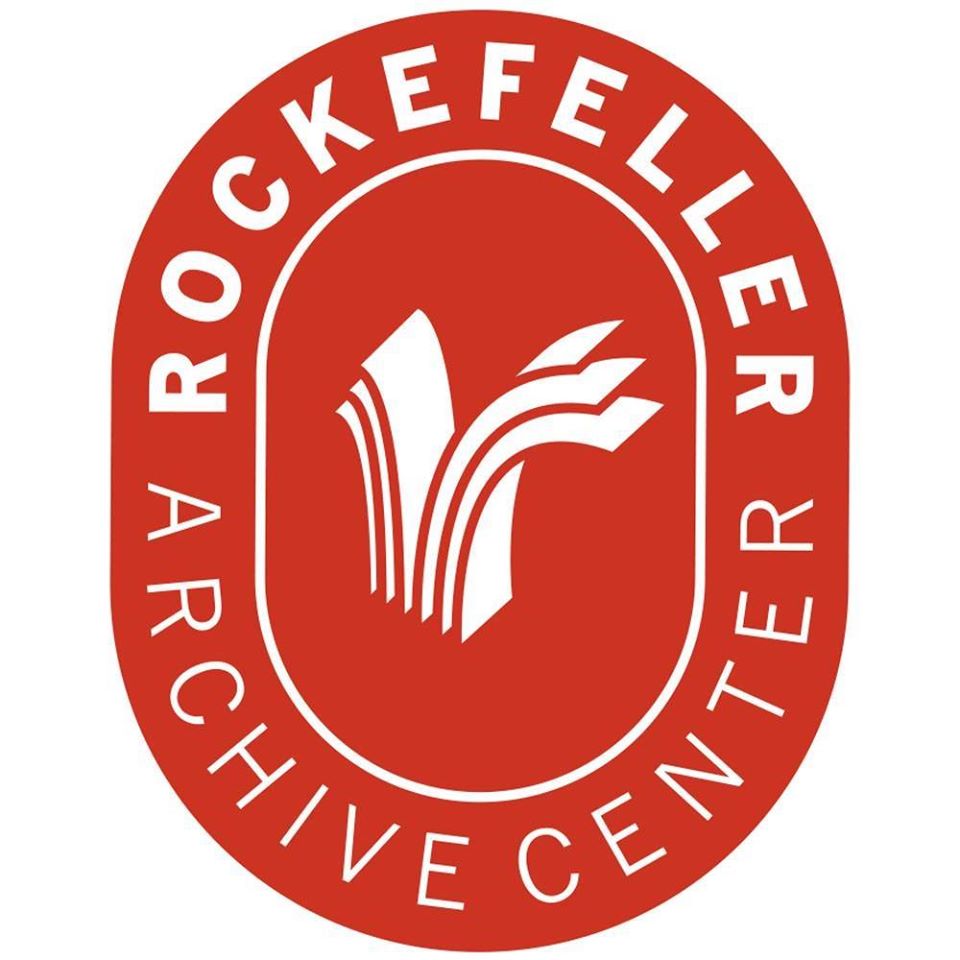Fellowships are an integral part of the Commonwealth Fund's history, and continually supported the varied public health, mental hygiene, and rural hospital programs of the CF. The advanced medical fellowships were first awarded in 1937, and although they primarily aided medical school teachers and research workers, individuals in other areas of health work also received financial assistance. About twenty fellowships per year were granted during 1950-1959, many of which entailed interdisciplinary studies, and by 1965 well over sixty fellowships were awarded yearly.
Search Results
Series 4 contains annual reports from 1919-2002. A complete run of bound reports is available in the RAC Library. Individual soft cover reports are available in the archival collection. The Annual Report for 1986 is not available in the archival collection, but it is accessible in the RAC Library. Series 4 also contains a small selection of other reports and pamphlets spanning the mid-1980's through 1994.
Types of records include: manuscripts and library records.
Types of records include: meeting minutes, financial statements, and reports.
Types of records include: meeting minutes and reports.
Commonwealth Fund records, Communications, SG 2, Series 5, 1920-2003 25.25 Cubic Feet
Types of records include: correspondence, clippings, programs, and publications.
Commonwealth Fund records, Division of Community Clinics, SG 1, Series 10, 1927-1949 1.52 Cubic Feet
The work of the Division on Community Clinics continued the efforts of Division II of the Program for the Prevention of Delinquency. Division II began its first demonstration child guidance clinic at St. Louis on May 10, 1922. With the expiration of the CF's five year program, the Cleveland Clinic's (December 31, 1926) and the Philadelphia Clinic's (June 30, 1927), demonstration nature ended, and they became permanent independent bodies. The entire Division II program was revised to stress increased use of the supervisory and consulting functions of the Division's field consultant staff, and promoted 1) continued contact with and supervision of the permanent clinics, and 2) additional field service to cities requesting assistance and advice regarding mental hygiene problems and programs.
The Commonwealth Fund's Division of Publications series is concerned with the publishing of books, journals, articles, and pamphlets. This series consists of correspondence, reports, financial papers, and a few pamphlets and books. The documents are mostly concerned with the financing and publishing of books, and the relationship of the Division with the authors and publishing companies.
The Commonwealth Fund announced in late 1929 a new project that began operation on January 1, 1930, and promoted rural health and medical service in the United States. The new program, instead of emphasizing child care, comprised all health services in rural communities. Initially the project was limited to two states, Tennessee (1930-1945) and Massachusetts (1930-1945), and to two counties or districts in each state. Later the program was also active in Mississippi (1931-1947), Oklahoma (1938-1949), Alabama (1938-1942), Arkansas (1945-1947), California, Florida (1945-1947), Kentucky (1945-1947), Louisiana (1946), Maine, New Jersey, Ohio, Virginia, and Washington. Dr. William J. French, the first director of the CF's child-health demonstration in Fargo, North Dakota, and former head of the CF's Austrian Program, was named director. French resigned his post on April 4, 1931, and on May 15, 1931, Clarence L. Scamman became the new director of the Division.
Prior to 1925 the Commonwealth Fund granted only limited monies for the building or enlargement of hospitals, i.e., to Yale University for improvements to the New Haven Hospital, to the Grenfell Association for small hospitals in Newfoundland, to the Presbyterian Board of Missions for a hospital at Point Barrow, Alaska, and to Memorial Hospital in New York City to aid in the construction of a new building. The Fund's experiences with the Child Health Demonstrations included more than just child health services and brought the realization of the need for improved medical and surgical facilities in rural America. In June 1925 Henry C. Wright, hospital consultant, studied the possibilities of improving rural hospital services. Wright's study led to the establishment of the Division of Rural Hospitals and the appointment, in March 1926, of a director, Henry J. Southmayd, who served in that capacity throughout the division's existence.

